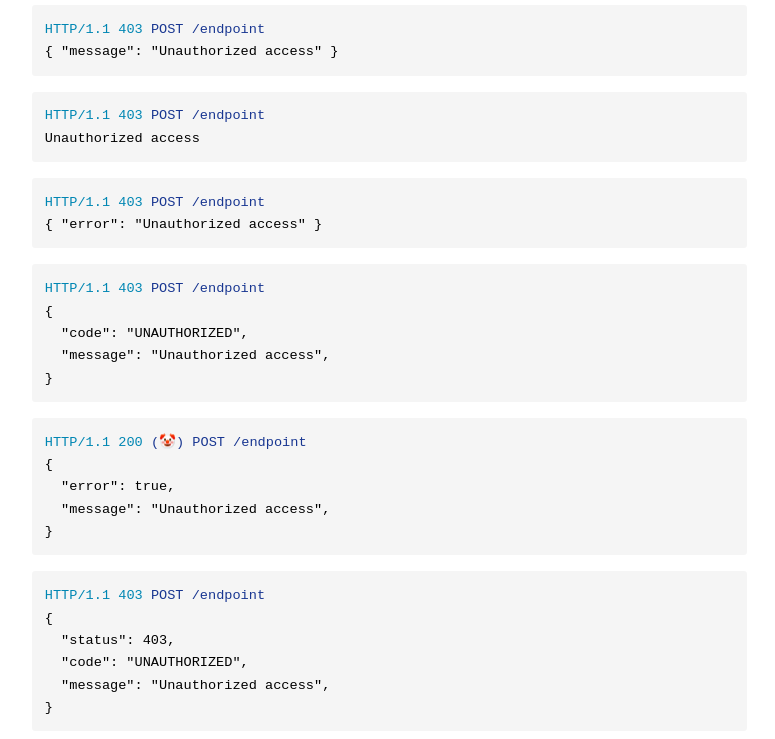this post was submitted on 30 Aug 2024
125 points (99.2% liked)
Programming
18018 readers
70 users here now
Welcome to the main community in programming.dev! Feel free to post anything relating to programming here!
Cross posting is strongly encouraged in the instance. If you feel your post or another person's post makes sense in another community cross post into it.
Hope you enjoy the instance!
Rules
Rules
- Follow the programming.dev instance rules
- Keep content related to programming in some way
- If you're posting long videos try to add in some form of tldr for those who don't want to watch videos
Wormhole
Follow the wormhole through a path of communities [email protected]
founded 2 years ago
MODERATORS
you are viewing a single comment's thread
view the rest of the comments
view the rest of the comments


At a previous job we had an unholy combination of the last two:
That really is unholy and I also couldn't work there long if they thought that was OK (pun intended).
It's a perfectly fine way of doing things as long as it's consistent and the spec is clear.
HTTP is a transport layer. You don't have to use its codes for your application layer. It's often done that way but it's not the only way.
In the example above the transport layer is saying "OK I've delivered your output" which is technically correct. It's not concerned with logical errors inside what it was transporting, just with the delivery itself.